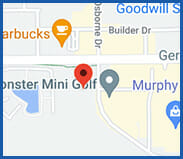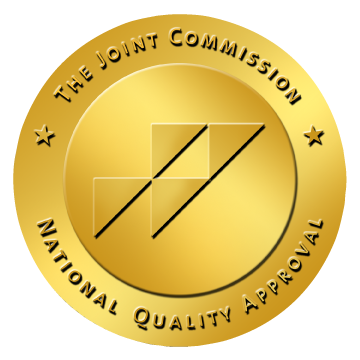Program offering includes:
Individual and group therapy
Family therapy and involvement
Psychoeducational services
Medical monitoring as needed
A sense of support and community
Recovery services such as peer support groups, employment assistance, and legal help

What Is Outpatient Addiction Treatment?
Outpatient addiction treatment allows people to live at home while receiving care for their addiction. Treatment is typically conducted during the day, allowing patients to return home in the evening. Outpatient care is typically less intense than inpatient and may include individual therapy, group therapy, and medication-assisted treatment. Outpatient treatment is often a good option for people with milder addictions who have a robust support system at home. It can also be a practical step from inpatient treatment, providing a gradual transition to everyday life.
What Happens During Outpatient Sessions?
During treatment, individuals receive counseling and therapy sessions regularly. The therapist helps individuals identify triggers that may cause relapse and provide them with tools to stay on track. Many individuals also meet with a case manager who helps them develop a recovery plan. Individuals in outpatient care often also receive access to resources such as 12-step meetings and sober housing. Perhaps most importantly, individuals in outpatient care also work on developing a support system of friends and family who can offer encouragement and assistance when needed. After completing outpatient treatment, individuals should continue working on their recovery by participating in support groups and therapy.
What Is The Difference Between Intensive Outpatient and Outpatient?
Intensive outpatient care best fits patients with more severe mental health issues or addictions. On the other hand, outpatient care is less intense and can be successful for individuals dealing with less severe problems. The critical difference between the two is the level of intensity. Intensive outpatient care is more intense, while outpatient care is less intense. Consider your individual needs and severity level when deciding which care is right for you. Intensive outpatient care may not be necessary if you're struggling with less serious issues, but it may be needed if you're dealing with more severe mental health issues or addiction.
Why Consider An Outpatient Program?
Outpatient treatment allows individuals to live at home and continue working or attending school while receiving help from an addiction treatment team. This flexibility can be beneficial for people who can't step away from their responsibilities at work, home, or school. Additionally, outpatient care is often less expensive than inpatient treatment. Other reasons to consider standard outpatient care include:
- Ongoing recovery support
- Convenience
- Privacy
- Real-world experience
- Building a support system
- Smooth transition to long-term recovery



